Responsible extraction in South America’s Lithium Triangle
A BGS team visited Argentina and Chile to investigate how to extract lithium more responsibly in the face of growing worldwide demand.
02/08/2024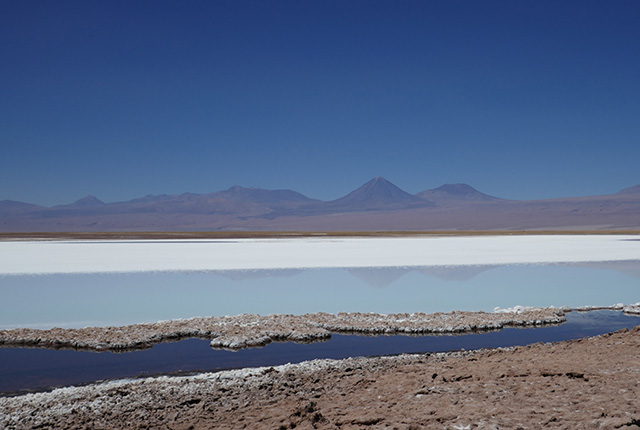
Lithium is a key component in the batteries that power electric vehicles and renewable energy storage systems, making it essential for the global energy transition. The ‘Lithium Triangle’ region, covering parts of Argentina, Bolivia and Chile, hosts about 50 per cent of known global lithium resources in salty brines found in salt flats, or salars. Optimising this potential is crucial for meeting the growing demand for lithium.
However, issues exist around the potential effects of brine mining on sensitive habitats, groundwater and local and indigenous communities. Sustainable and responsible extraction is a key objective of the region: balancing environmental and social considerations against the urgent need for lithium is a complex challenge that requires collaborative approaches.
To help address this challenge, a BGS-led project is investigating the gaps in knowledge, data and capacity that may prevent the responsible production of lithium from the Lithium Triangle. Through collaboration, it will propose a prioritised research roadmap to help address gaps.
Workshops in South America
In March 2024, in partnership with local institutions, BGS organised and attended workshops across the Lithium Triangle. The team started in Buenos Aires, Argentina, meeting with representatives from the national government, the geological survey and researchers from Argentina’s National Scientific and Technical Research Council (CONICET). They then travelled to Salta in the north for workshops with operators and the provincial governments of Salta, Jujuy and Catarmarca.
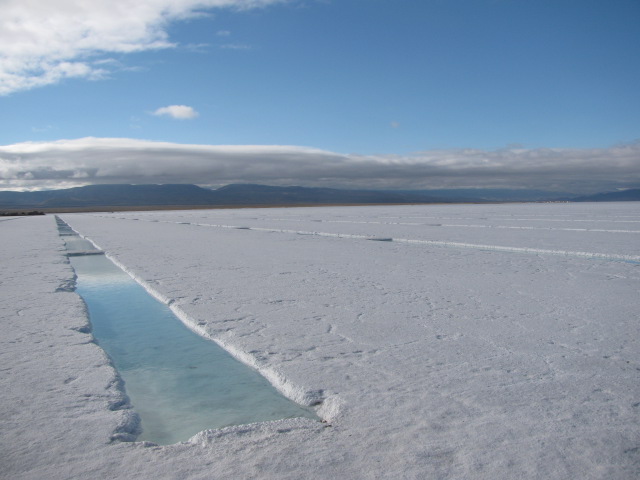
Salinas Grande, Argentina. BGS © UKRI.
The team then moved on to Chile, starting in Santiago for workshops with researchers, the geological survey, policymakers and operators. The next workshop was held in Copiapo, in the north of Chile, hosted by the University of Atacama with researchers, local government and indigenous community representatives attending.
The workshops provided participatory space for an open dialogue between different stakeholders. The exchange of views and participants’ experience and insights will aid the development of the research roadmap.
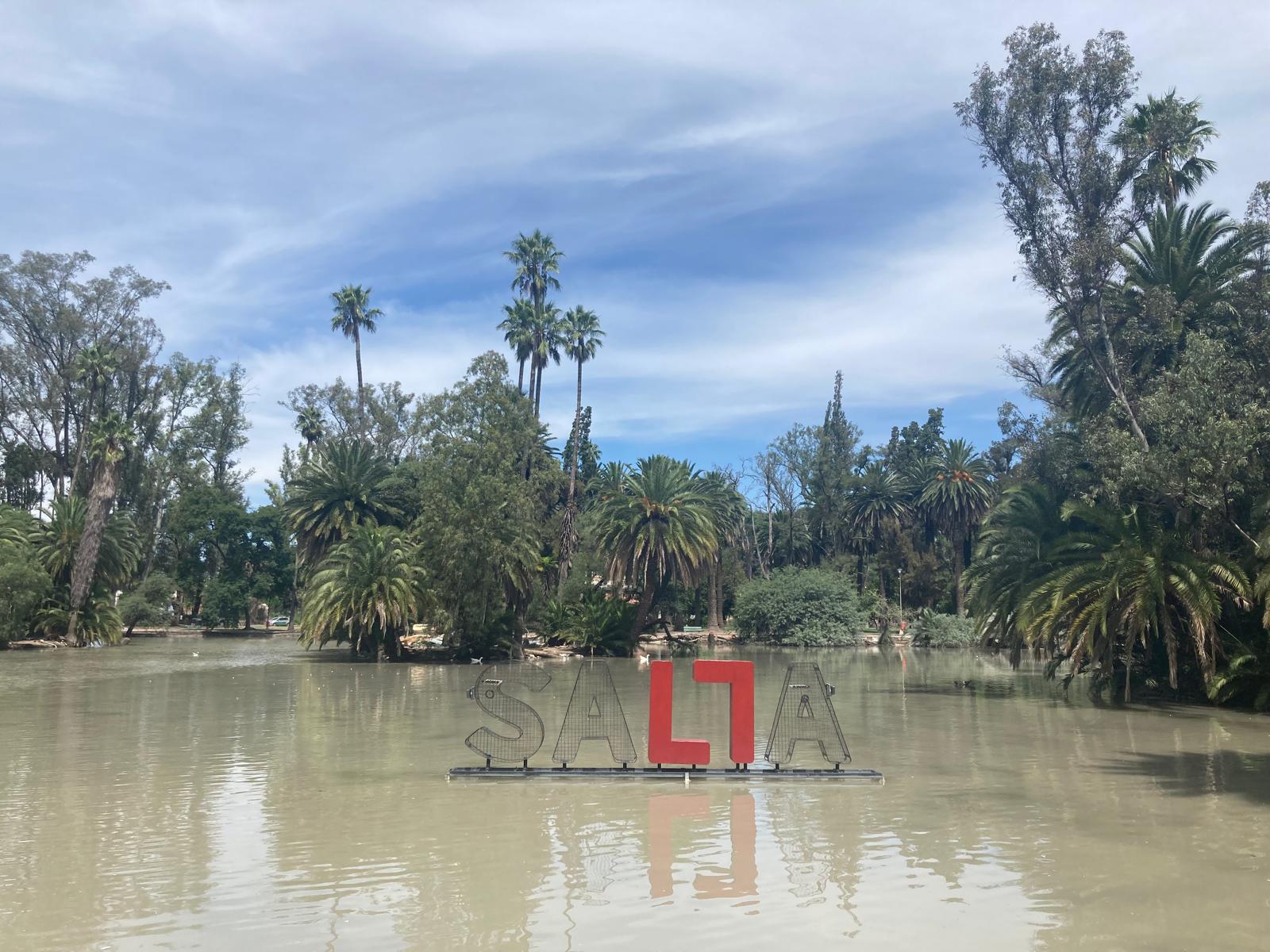
Salta, Argentina. BGS © UKRI.
Further work
The team is now working on the outcomes and findings from the workshops. A draft of the final report will be shared openly for feedback and input from workshop participants and interested stakeholders. The aim is for the report and roadmap to be used to identify potential research projects, as well as collaboration opportunities and support applications for funding. All this will aid the responsible scale-up of lithium production from salars in South America.
Thanks
We would like to thank all the participants at the workshops and meetings for their valuable time and engagement. We would also like to thank the British embassies in Argentina and Chile and Simon Chater, who is head of science and innovation at the UK Science & Innovation Network in Argentina, for all their help.
Funding
The project is funded through the UK Science Innovation Network of the Department for Science, Innovation & Technology and the Foreign, Commonwealth & Development Office. Funding was also received from the Chilean embassy.
BGS research team
- Jon Ford
- Rowan Halkes
- Andrew Hughes
- Evi Petavratzi
About the author
Rowan Halkes
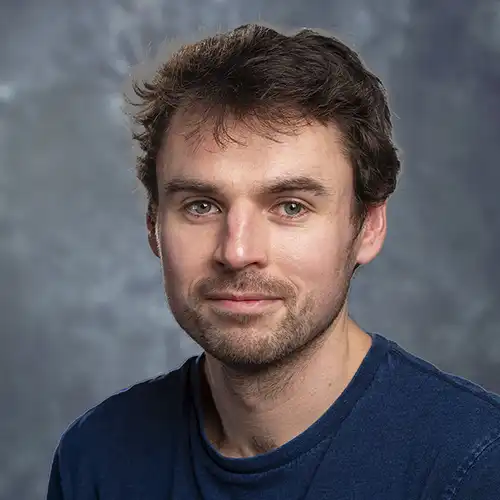
Rowan Halkes
Sustainable mineral resources scientist

Hole-y c*@p! How bat excrement is sculpting Borneo’s hidden caves
23/12/2025
BGS researchers have delved into Borneo’s underworld to learn more about how guano deposited by bats and cave-dwelling birds is shaping the subsurface.

BGS awarded funding to support Malaysia’s climate resilience plan
17/12/2025
The project, funded by the Foreign, Commonwealth & Development Office, will focus on minimising economic and social impacts from rainfall-induced landslides.
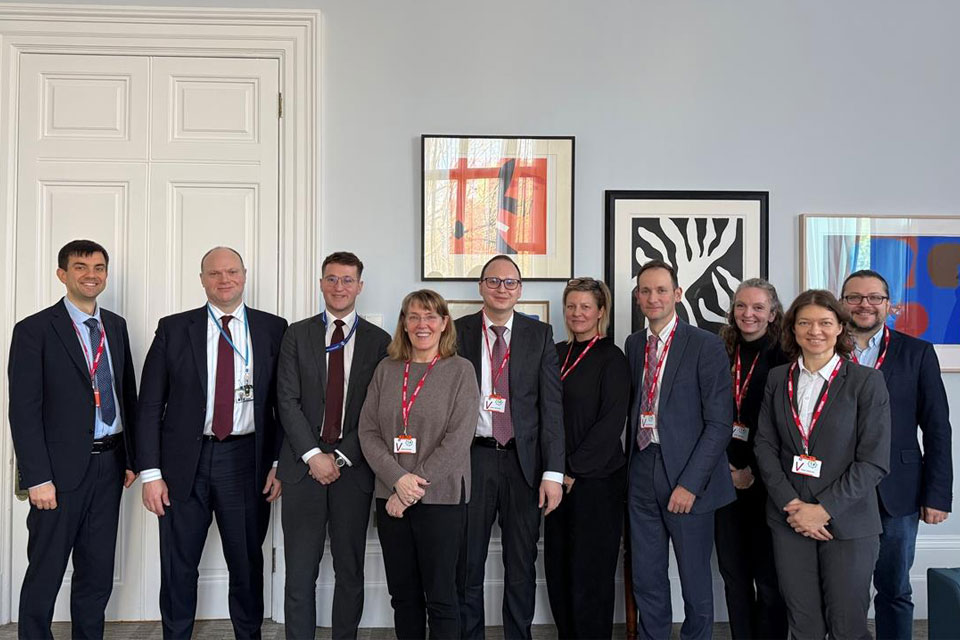
BGS agrees to establish collaboration framework with Ukrainian government
11/12/2025
The partnership will focus on joint research and data exchange opportunities with Ukrainian colleagues.
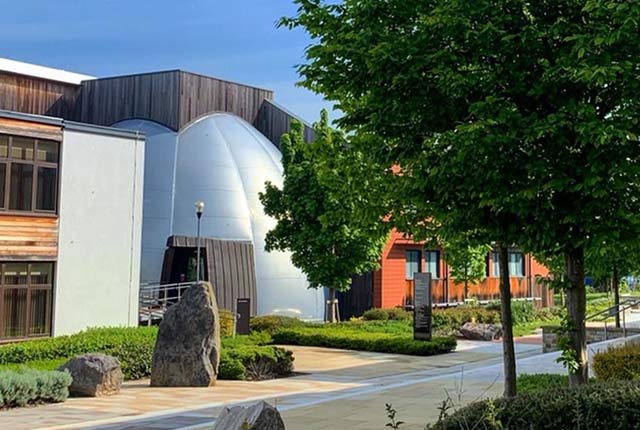
Making research matter: BGS joins leading research organisations in new national initiative
10/12/2025
A new alliance of 35 organisations has been formed that is dedicated to advancing science for the benefit of people, communities, the economy and national priorities.
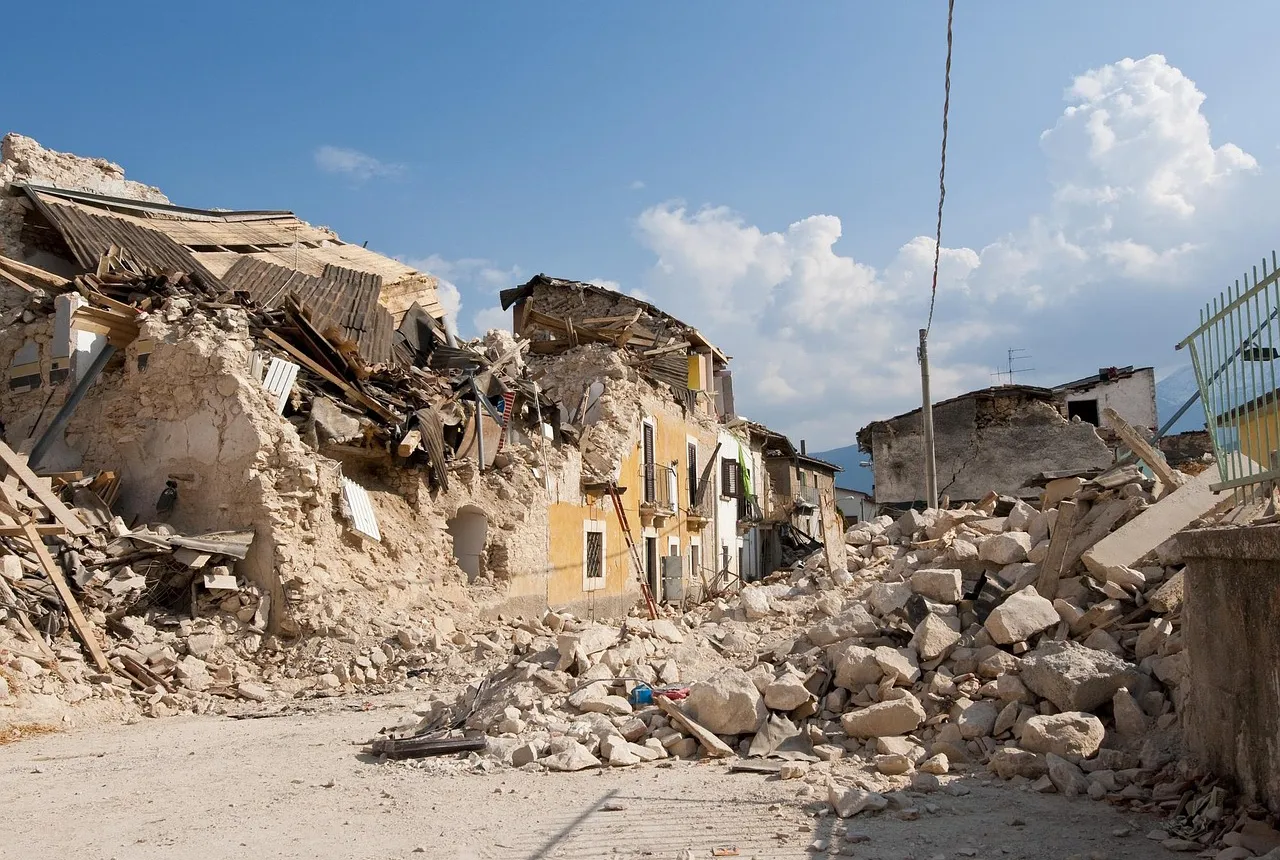
New research shows artificial intelligence earthquake tools forecast aftershock risk in seconds
25/11/2025
Researchers from BGS and the universities of Edinburgh and Padua created the forecasting tools, which were trained on real earthquakes around the world.
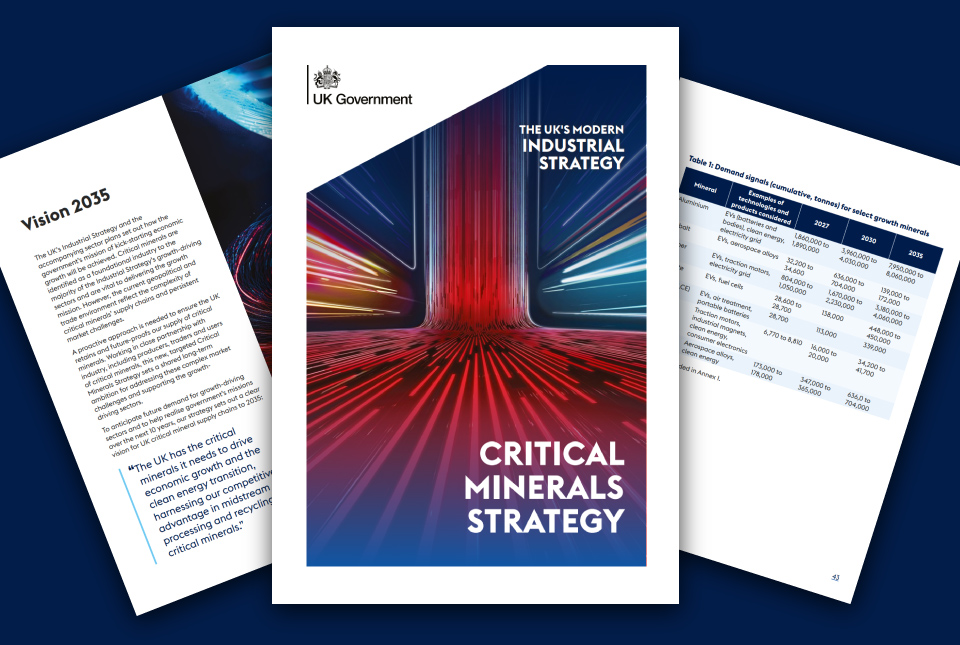
BGS welcomes publication of the UK Critical Minerals Strategy
23/11/2025
A clear strategic vision for the UK is crucial to secure the country’s long-term critical mineral supply chains and drive forward the Government’s economic growth agenda.
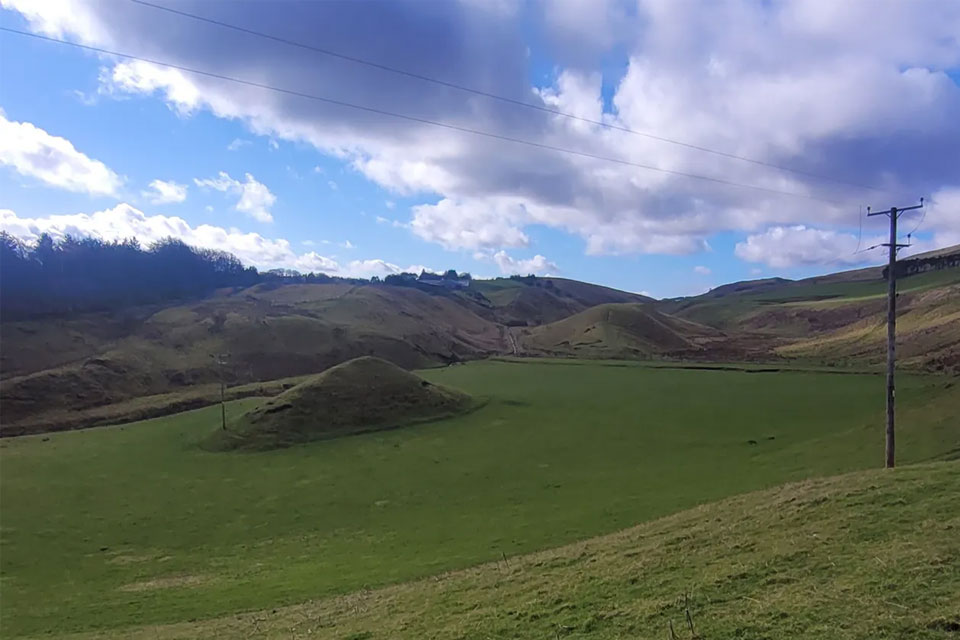
How the geology on our doorstep can help inform offshore infrastructure design
19/11/2025
BGS is part of a new collaboration using onshore field work to contextualise offshore data and update baseline geological models which can inform the sustainable use of marine resources.
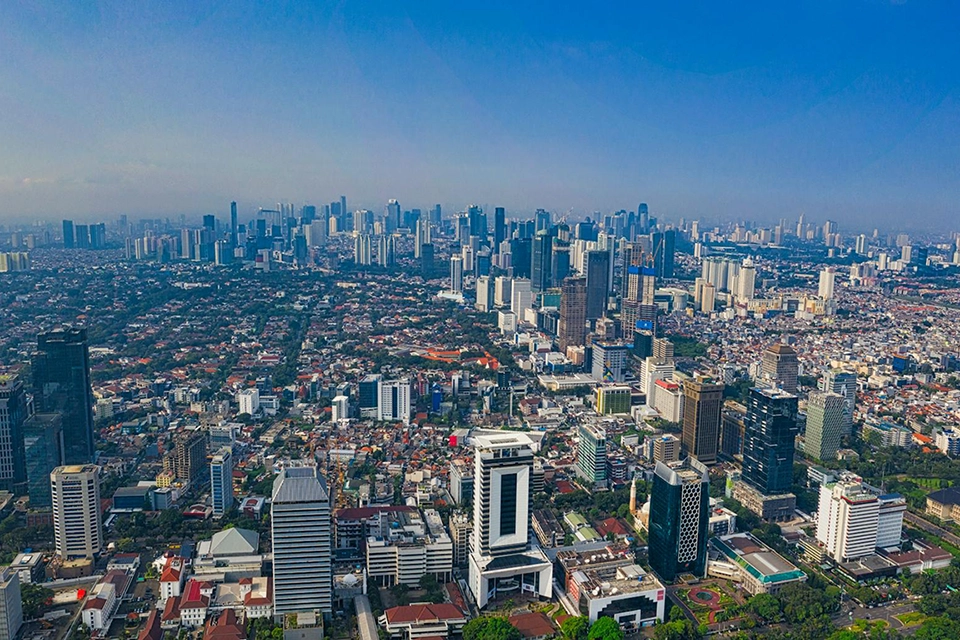
New research highlights significant earthquake potential in Indonesia’s capital city
04/11/2025
Research reveals that a fault cutting through the subsurface of Jakarta could generate a damaging earthquake of high magnitude.
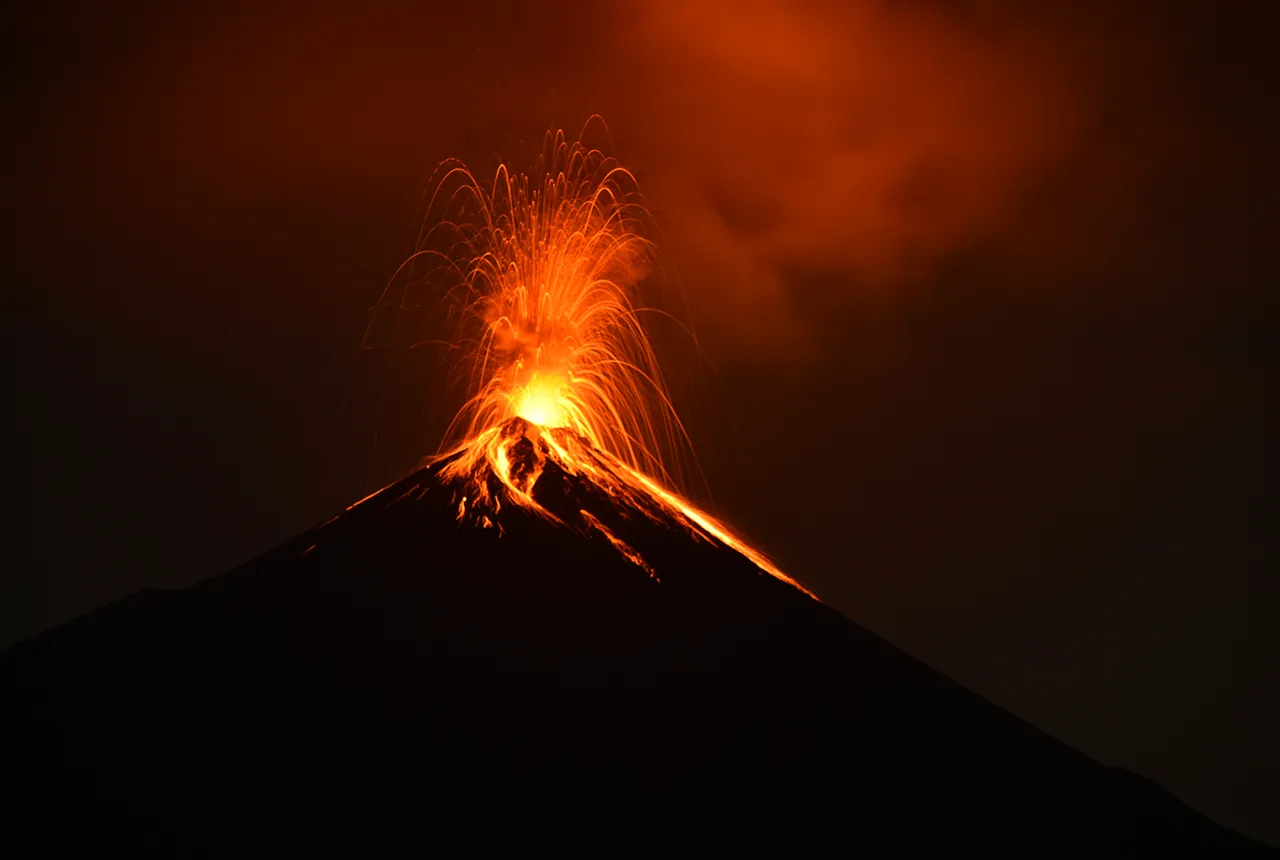
Fieldwork on Volcán de Fuego
13/10/2025
Understanding how one of the world’s most active volcanoes builds up material, and how they collapse to feed hot flows
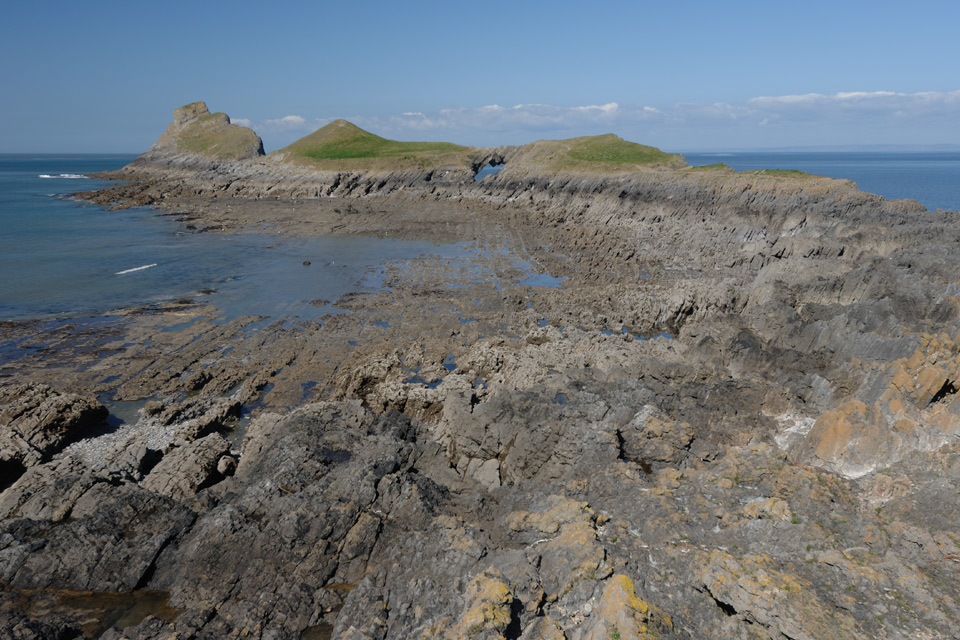
Extended seabed geology map of the Bristol Channel published
07/10/2025
BGS has released significantly extended high-resolution maps that will support offshore green-energy initiatives in the area.
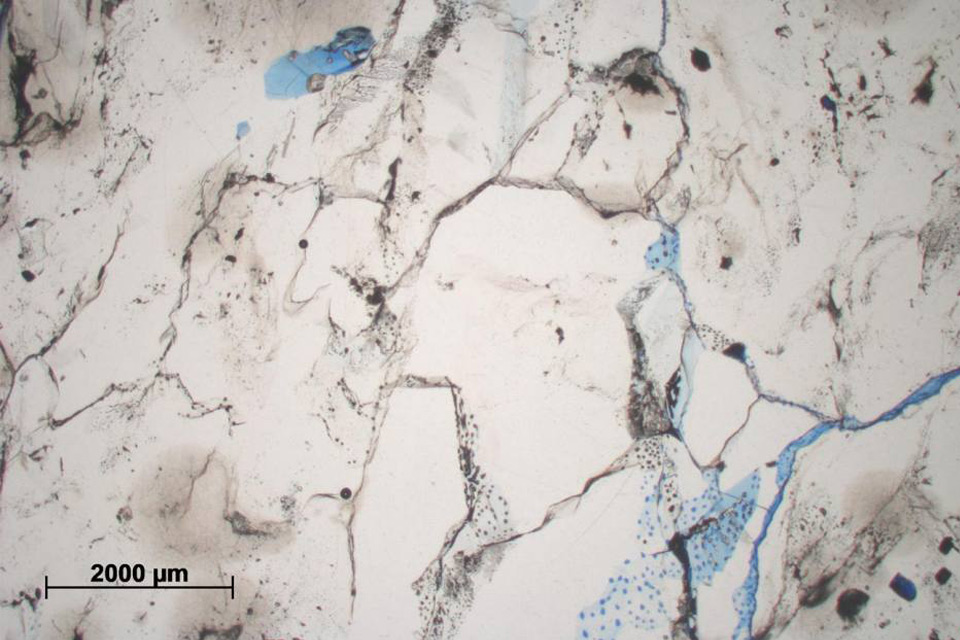
Funding awarded for study on hydrogen storage potential in North Yorkshire
22/09/2025
A new study has been awarded funding to explore the potential for underground hydrogen storage near the Knapton power plant.
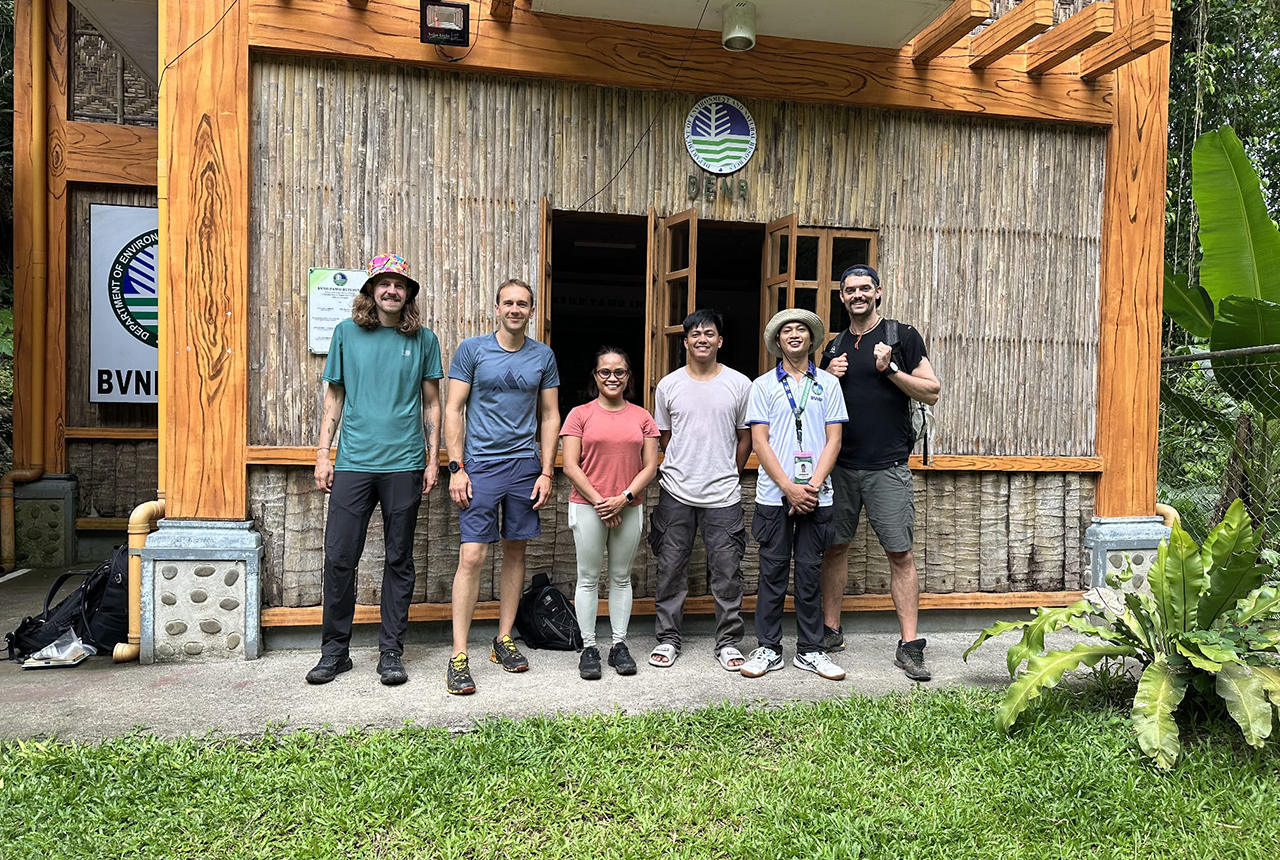
PhD adventures in the Philippines: coring around Lake Bulusan
05/09/2025
Chris Bengt recounts his two-week field trip to Bulusan Volcano Natural Park in the Philippines to collect lake sediment cores, fresh soil and water samples.



